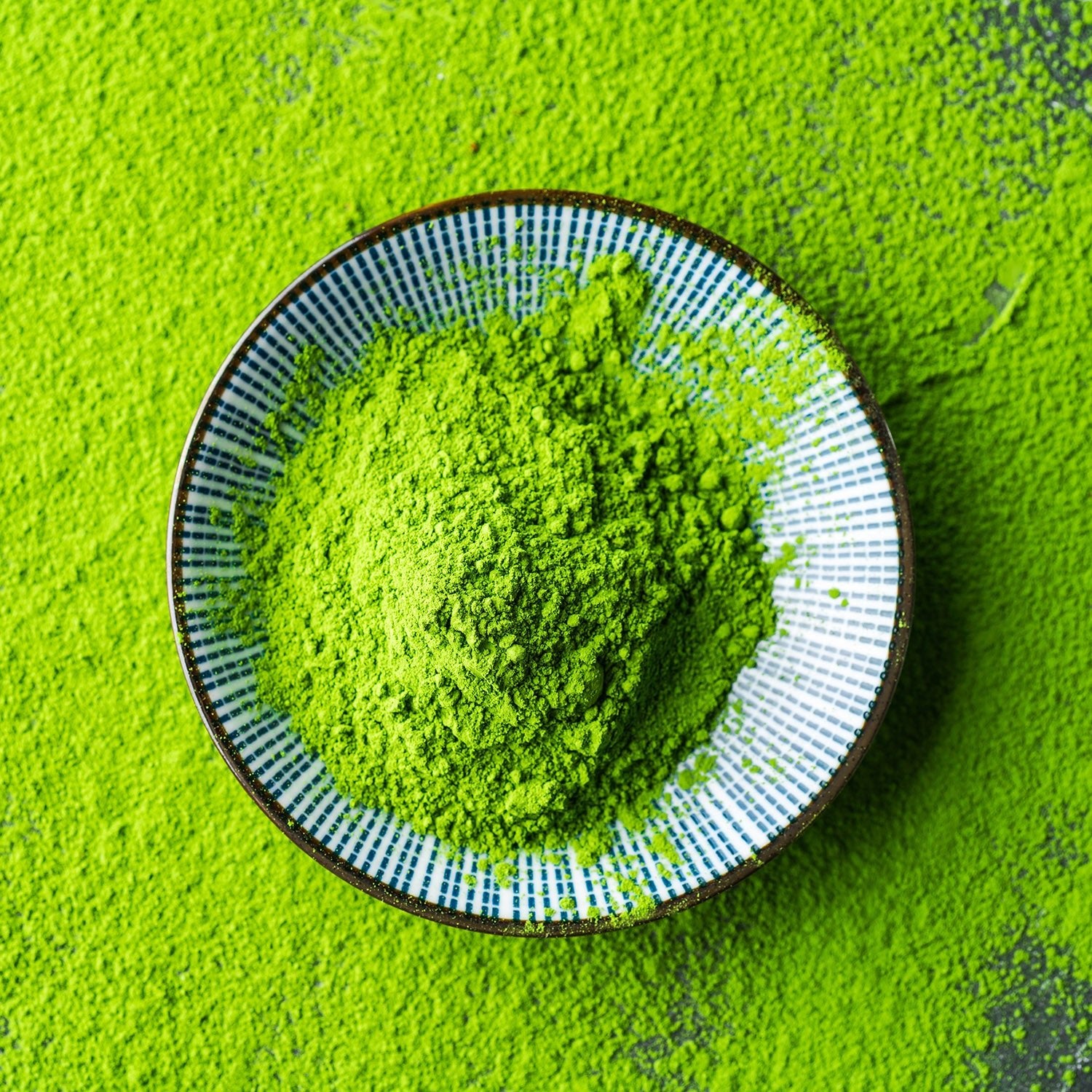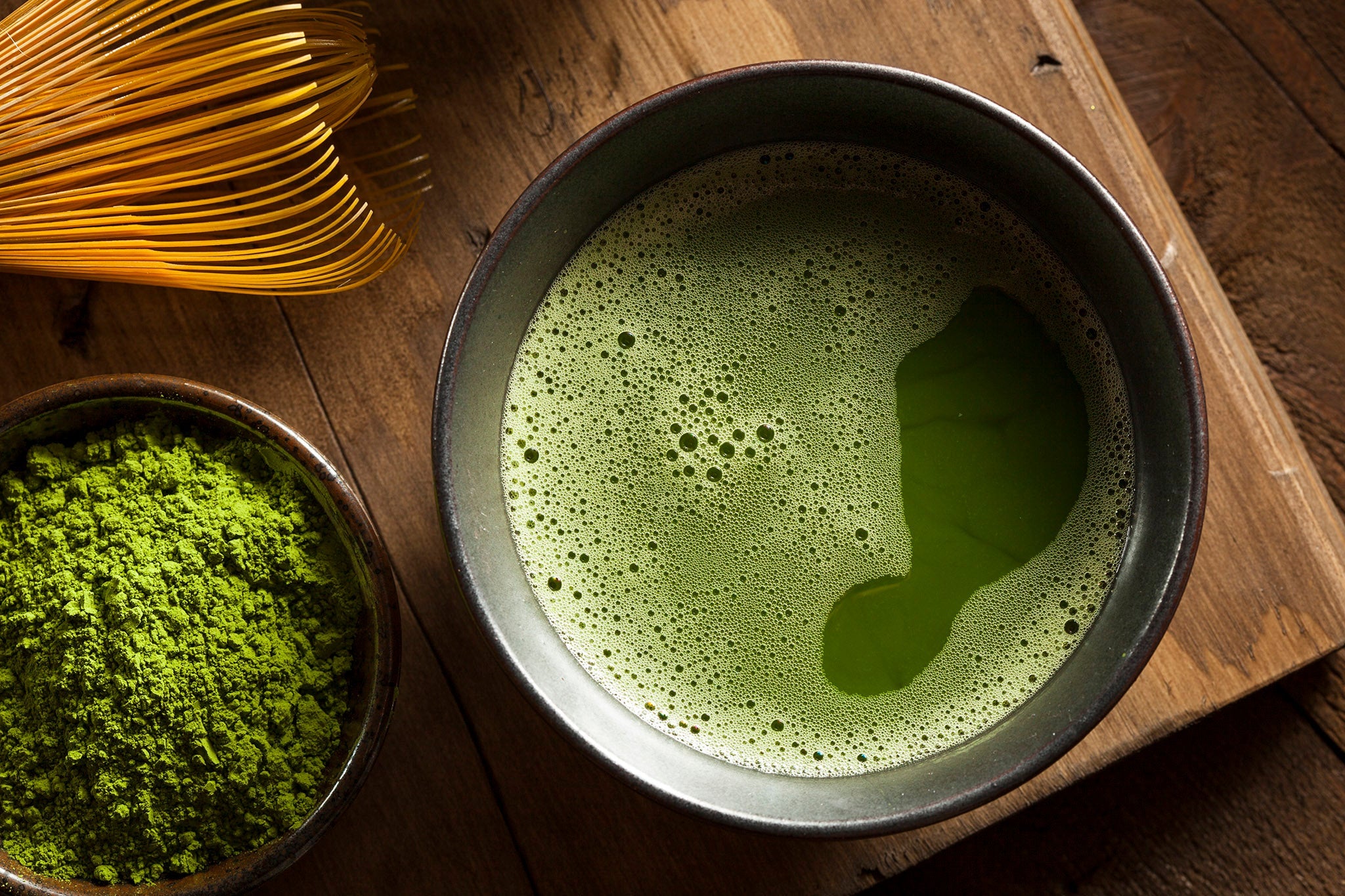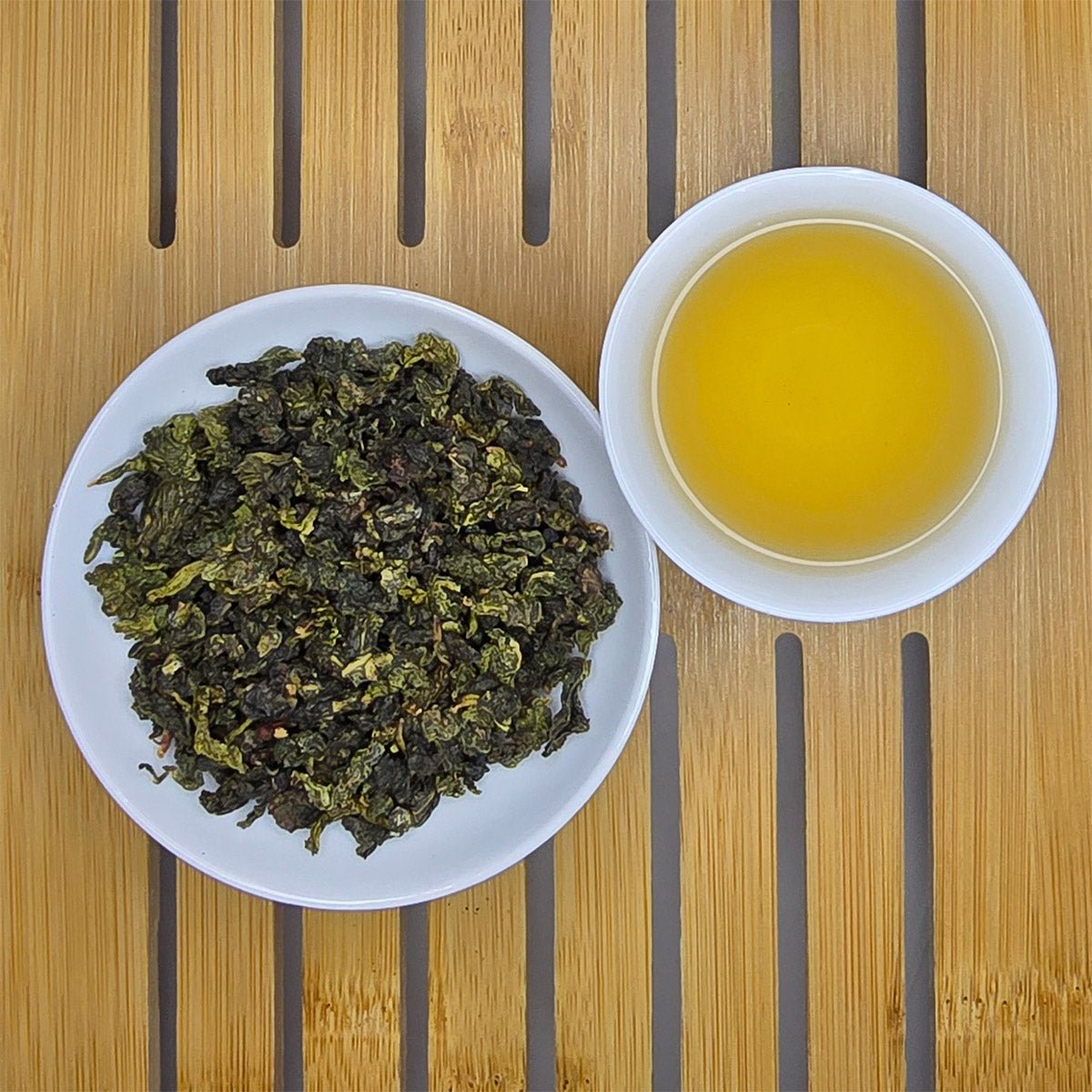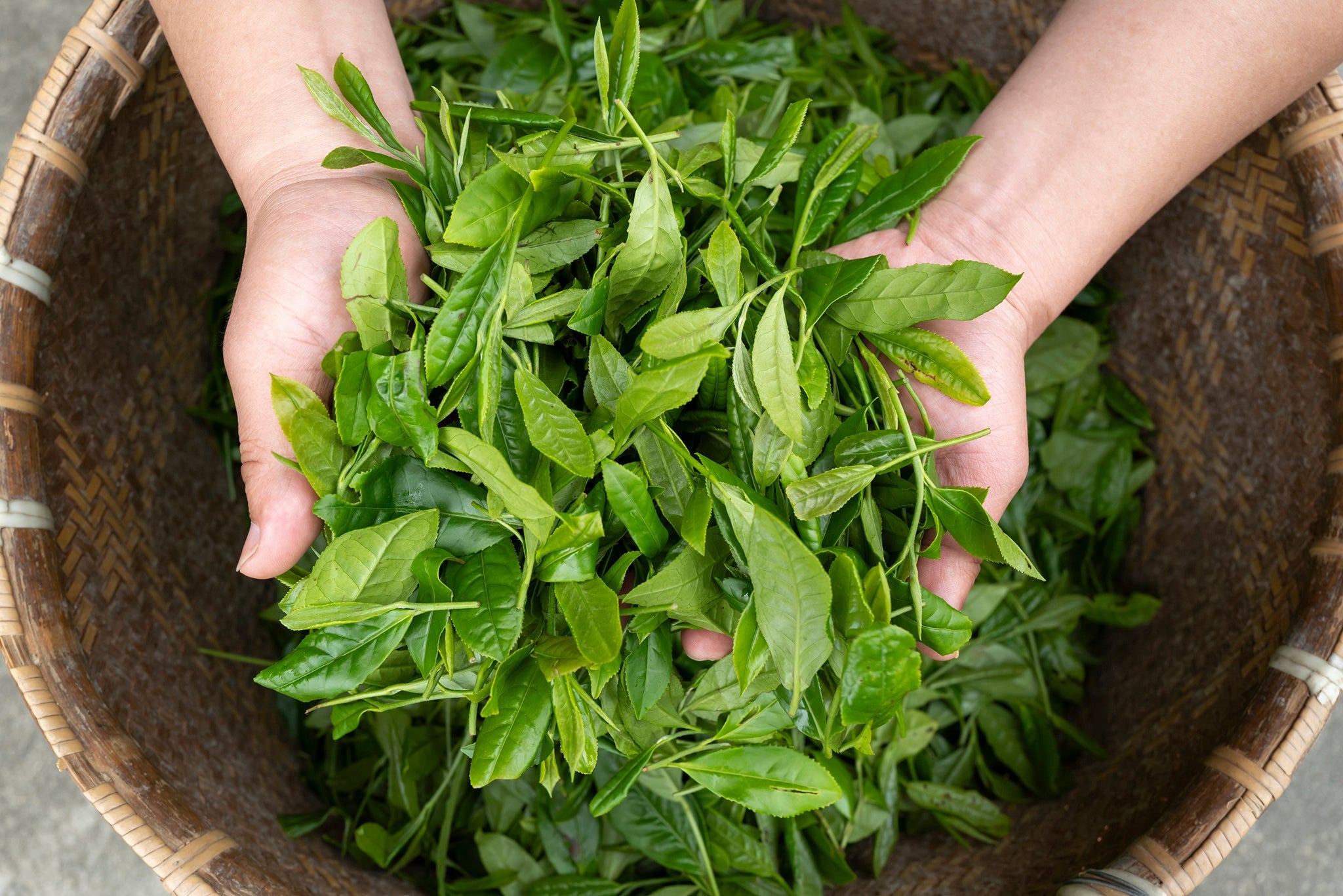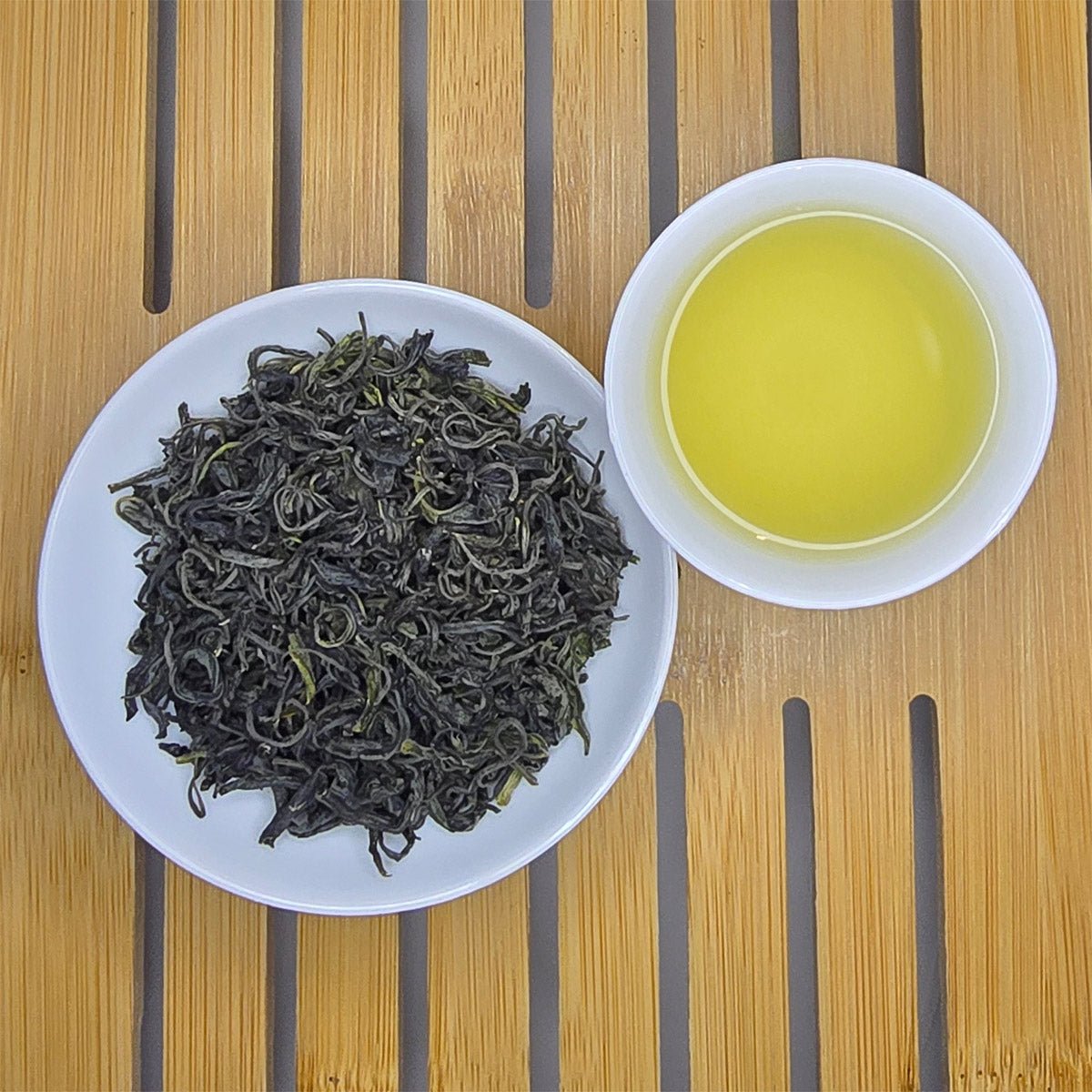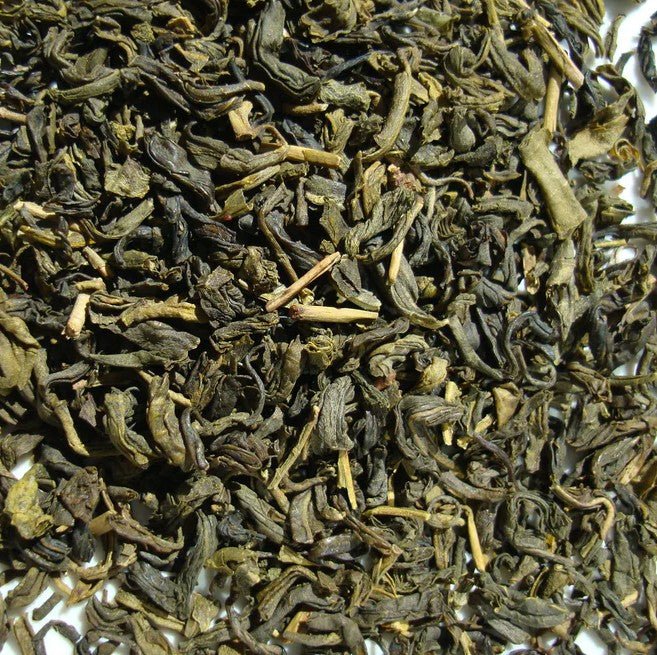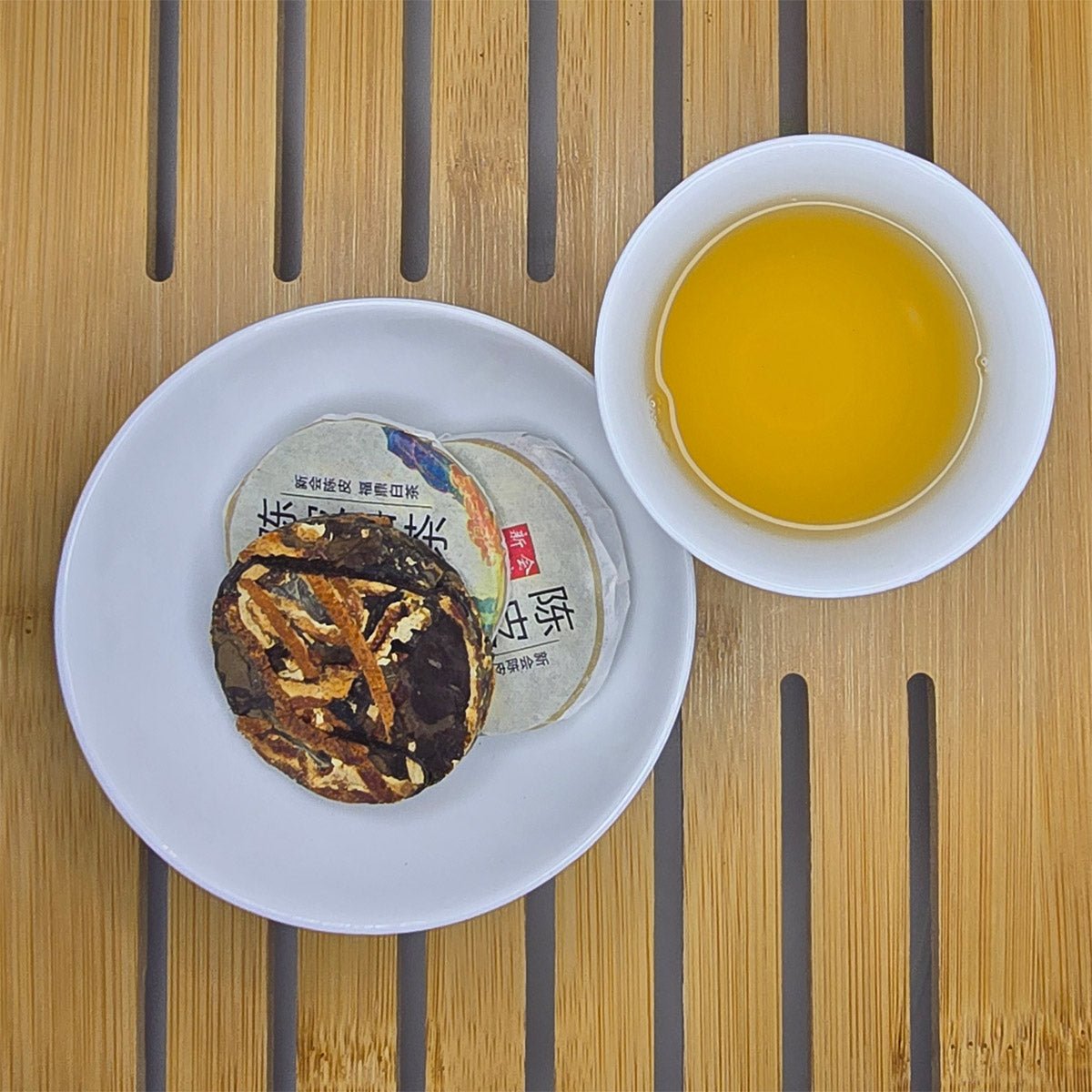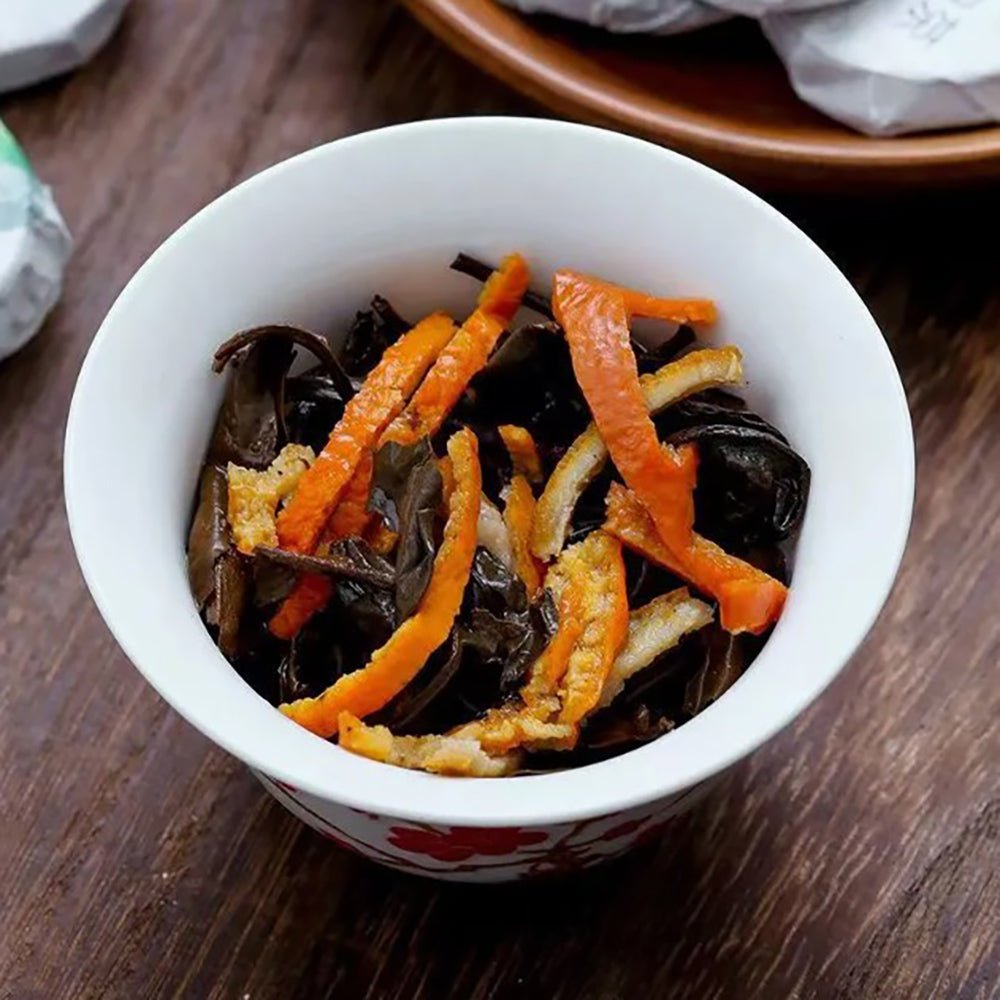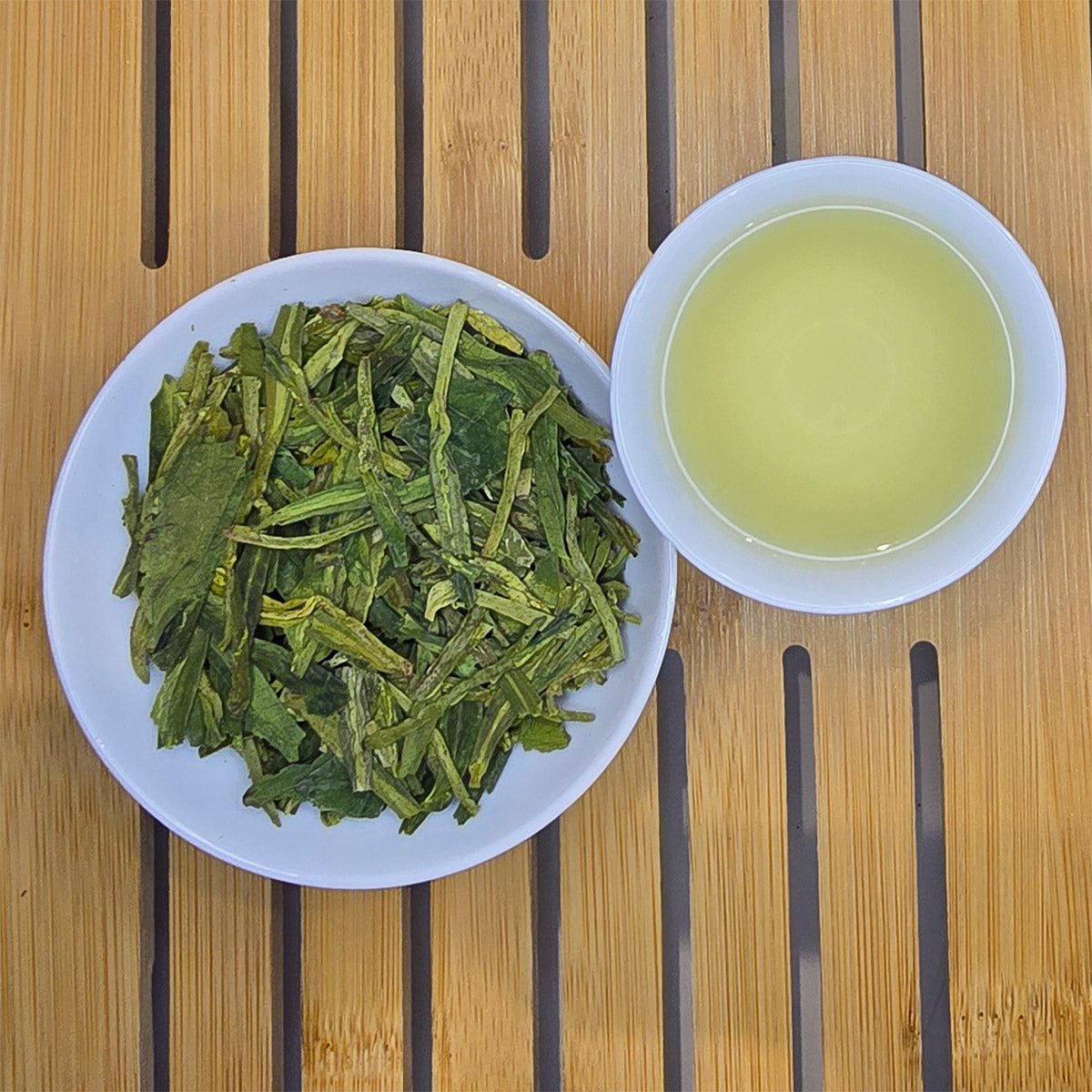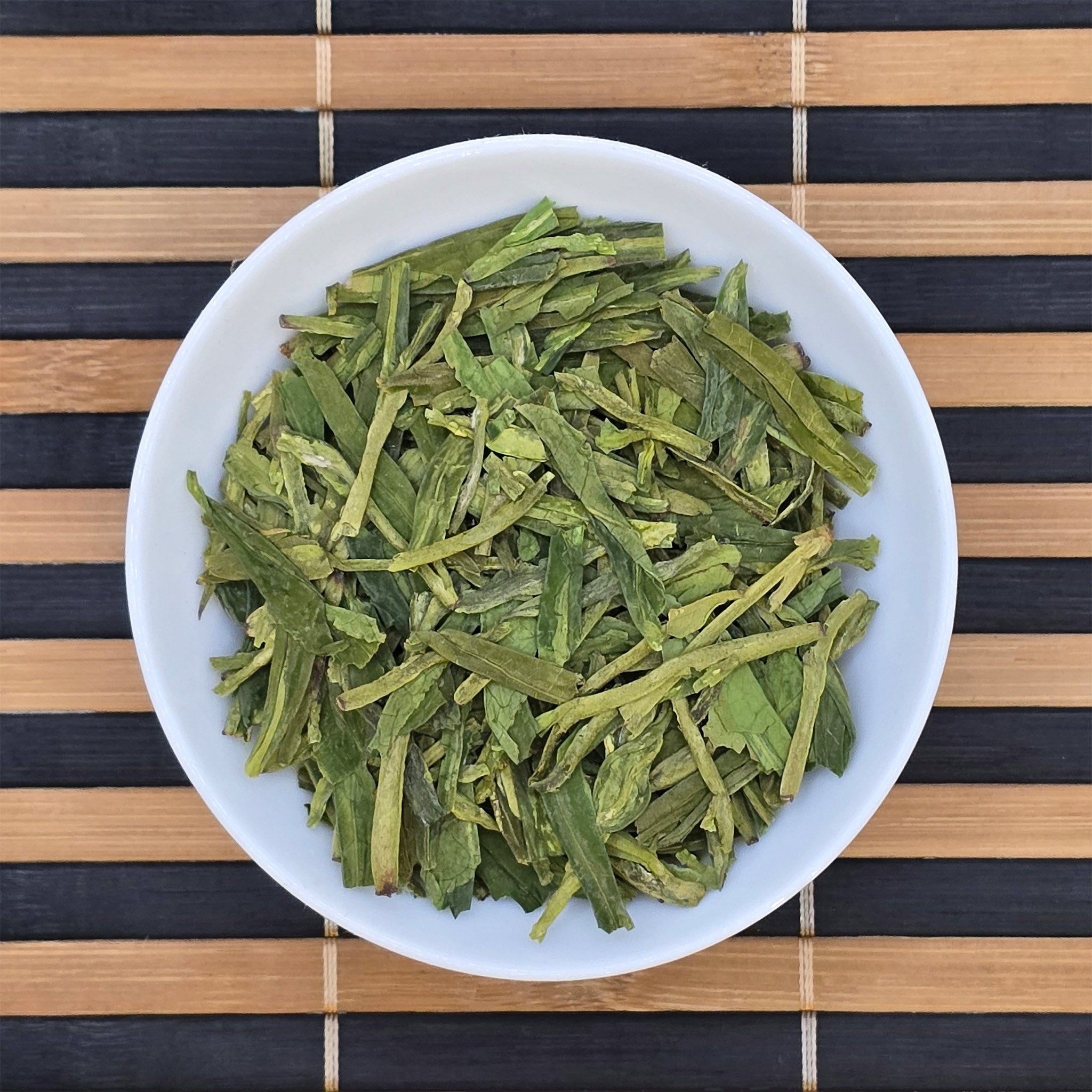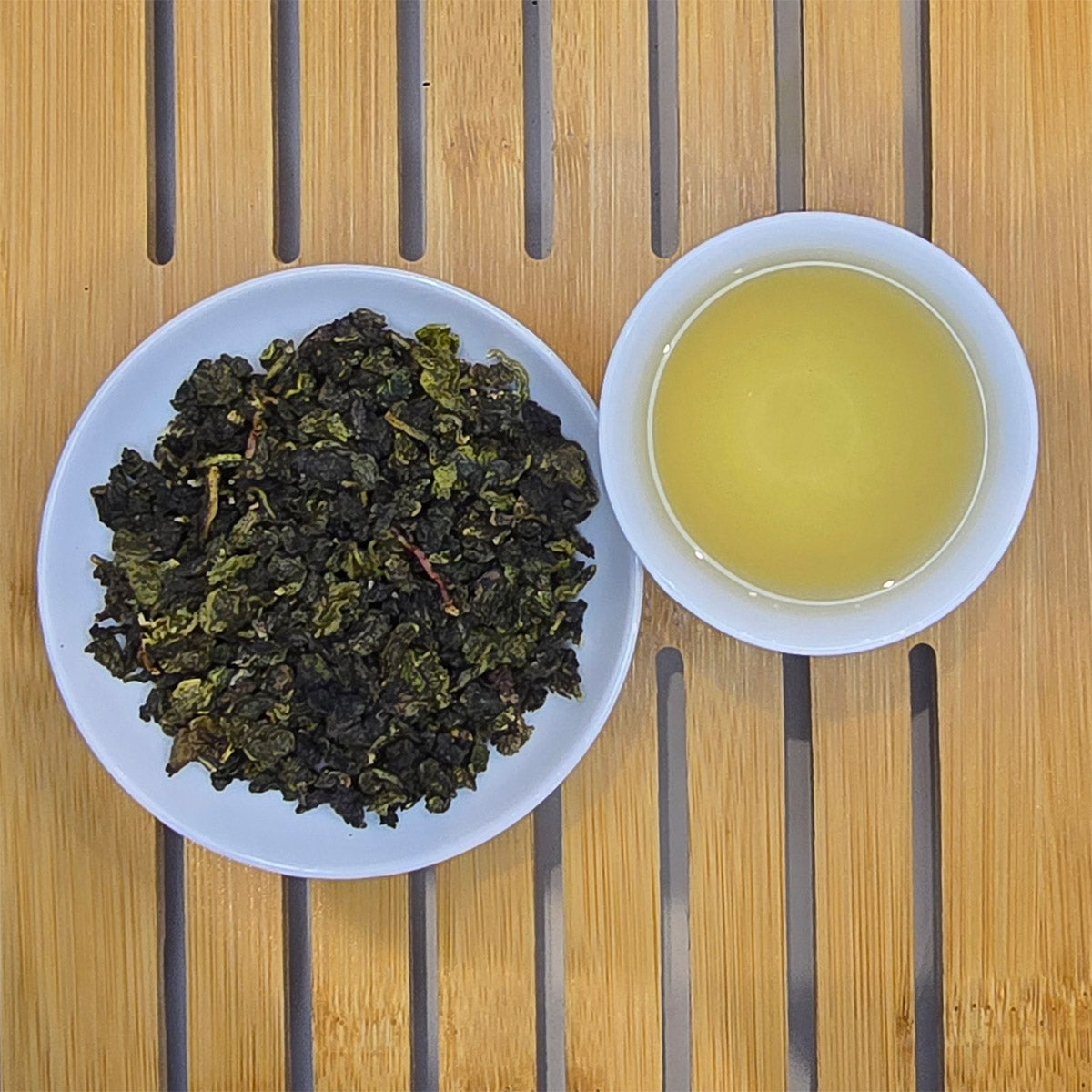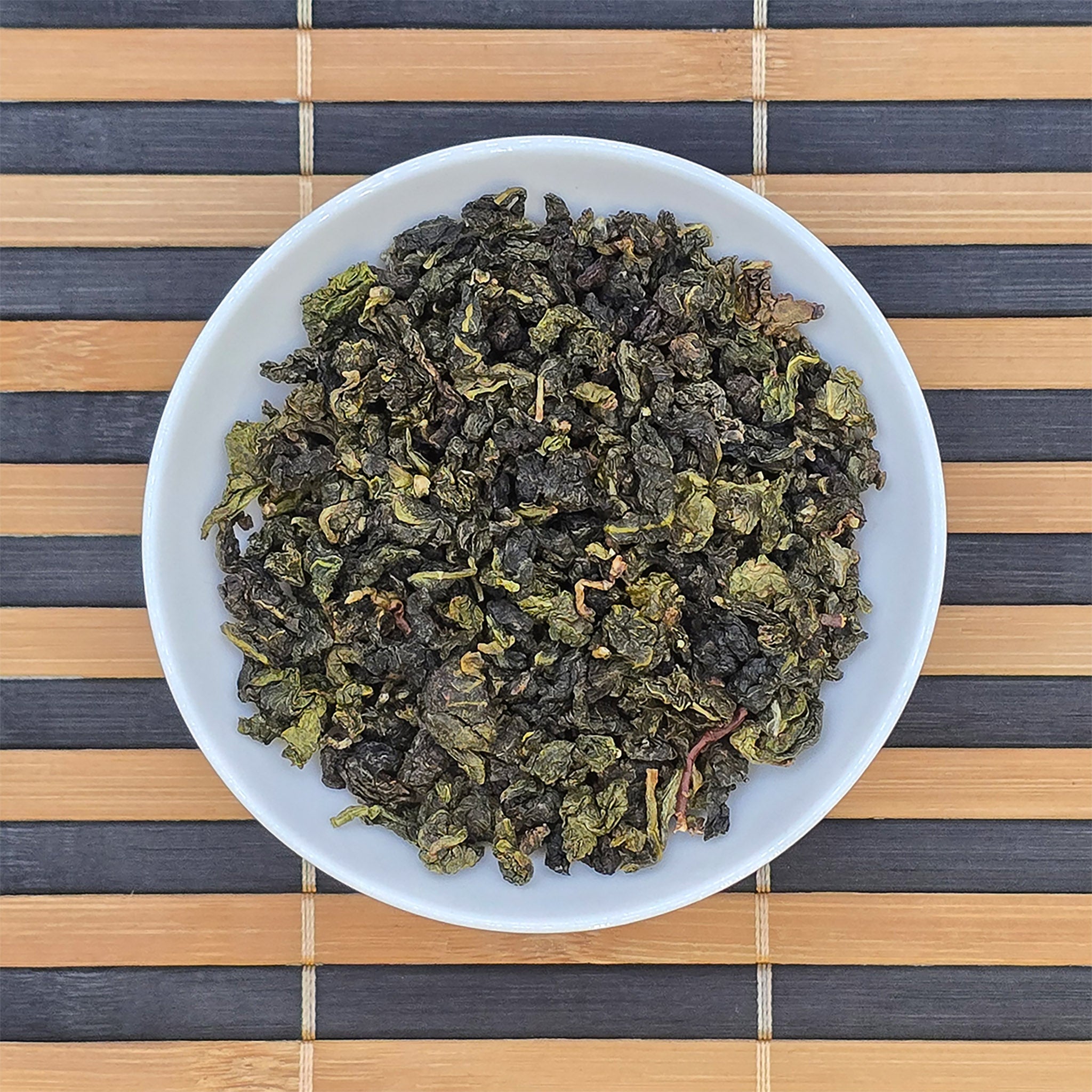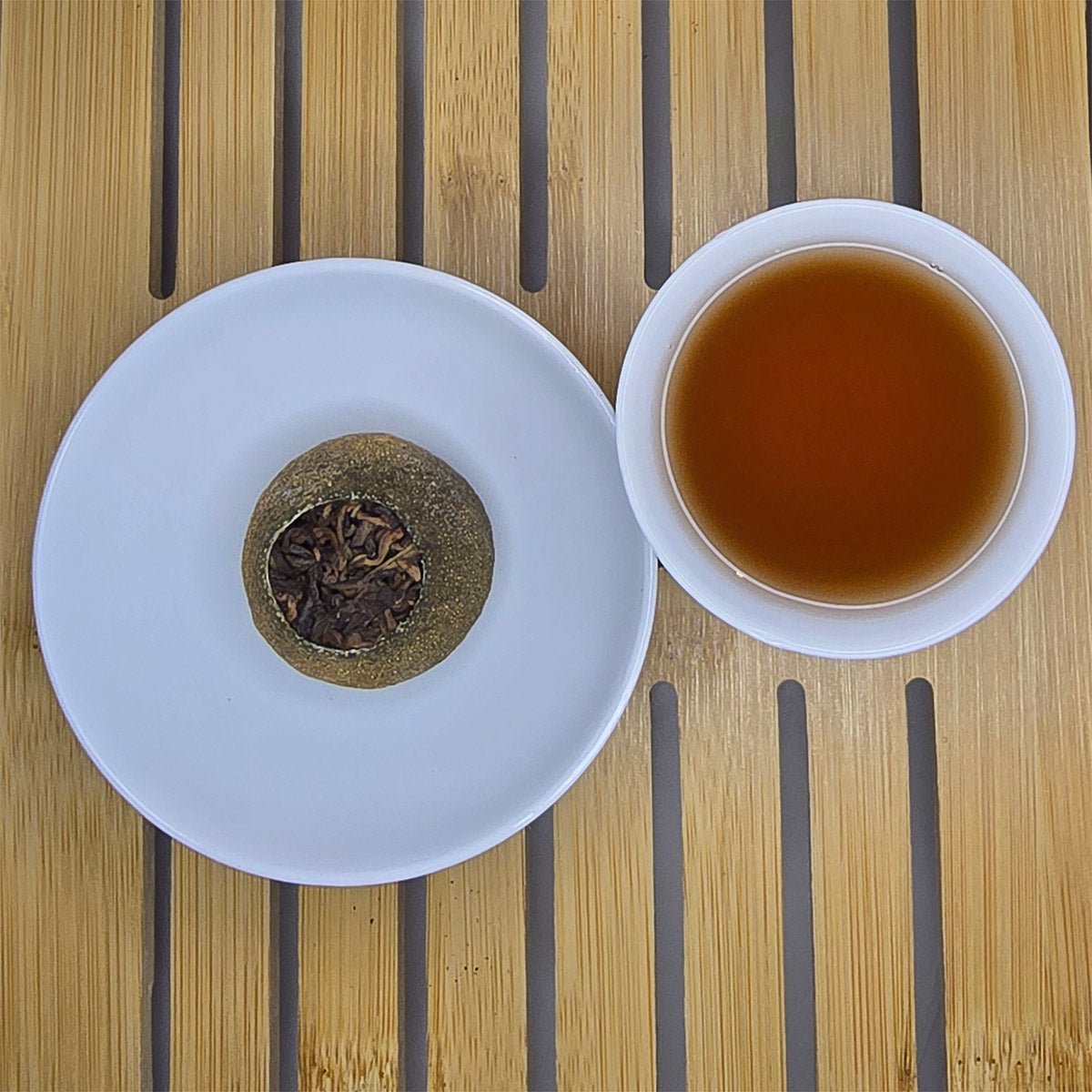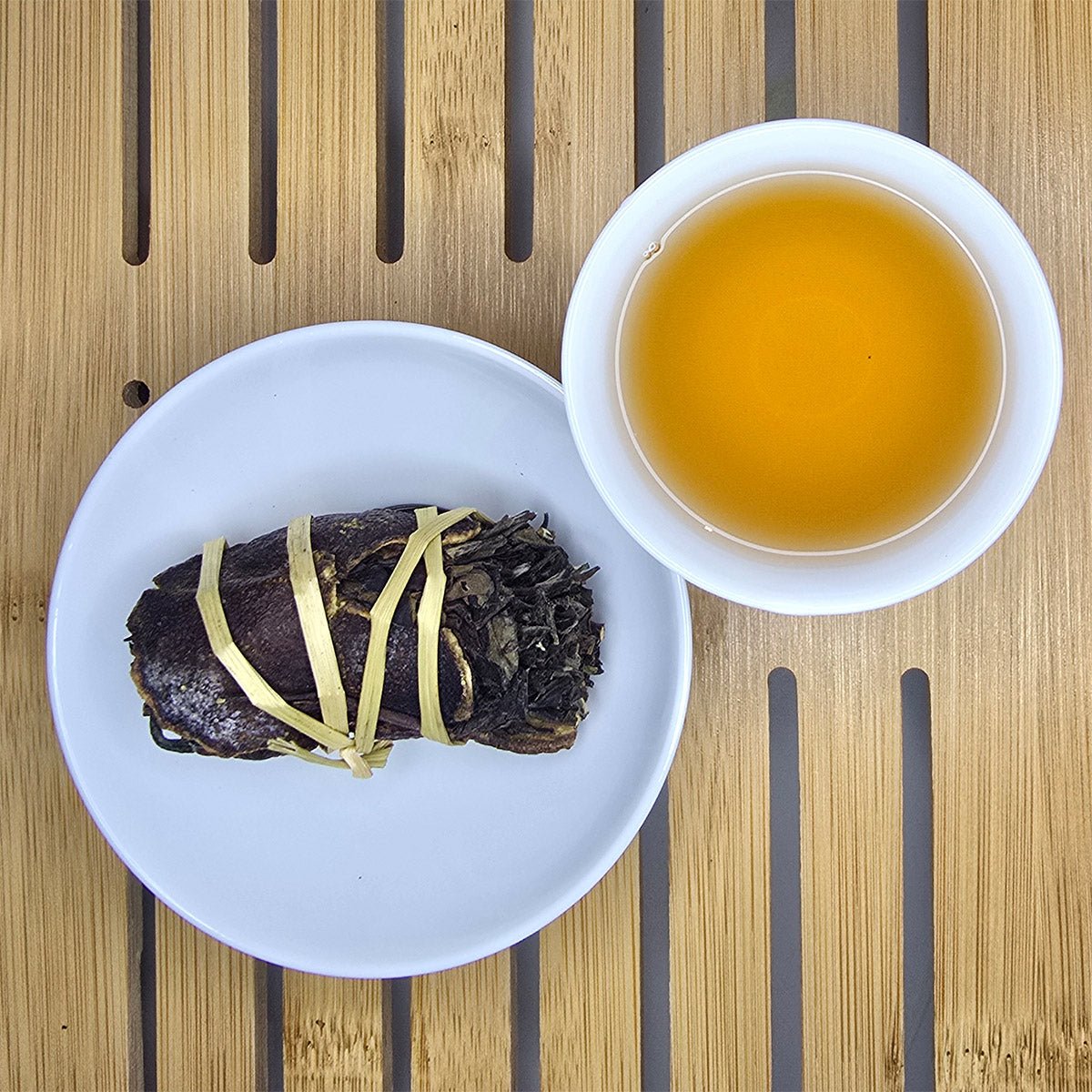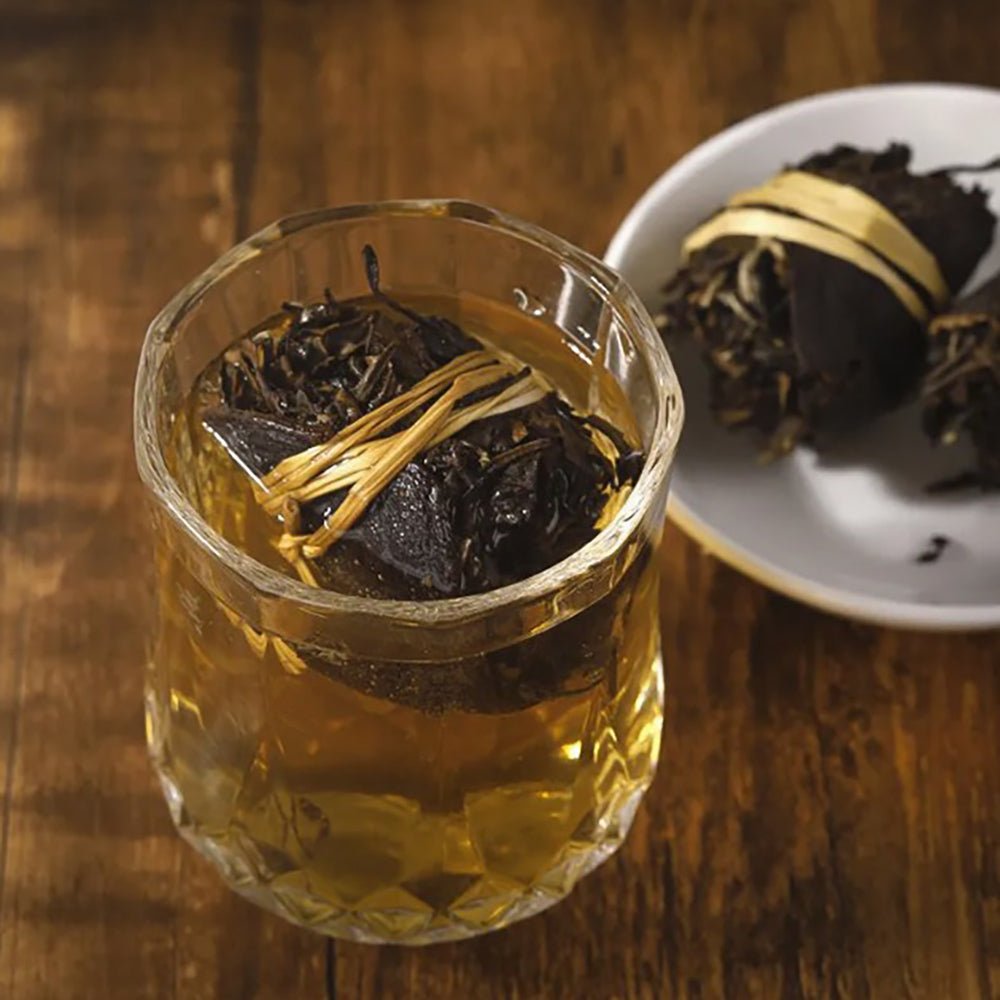The Ultimate Guide to Silver Needle Tea: History, Benefits, Taste, and Brewing Tips
What is the history of Silver Needle Tea?
Silver Needle tea, also known as Bai Hao Yin Zhen (白毫银针) in Chinese, is one of the most revered varieties of white tea. Its story dates back to the Song Dynasty (960–1279 AD). However, it was only during the late Qing Dynasty (19th century) that the style of Silver Needle tea we recognise today became widely established.
Produced primarily in Fujian Province, especially in Fuding and Zhenghe, Silver Needle tea has always been regarded as a luxurious and prestigious drink. Historically, it was considered a tribute tea, one of the highest honours in Chinese tea culture, reserved for emperors and the imperial court.
The uniqueness of Silver Needle lies in its exclusive use of the tender tea buds, which are covered with fine silvery-white hairs. These buds are harvested for only a few days each spring, typically in early April, when conditions are perfect. The craftsmanship has been passed down through generations, with skilled artisans carefully picking each bud by hand.
Over time, Silver Needle became celebrated not only in China but also worldwide, thanks to its delicate flavour, elegant appearance, and strong association with purity and refinement. Today, tea connoisseurs continue to prize it as one of the rarest and most prestigious white teas available.

What does Silver Needle tea do?
Silver Needle tea is renowned for its gentle yet powerful effects on the body and mind. Unlike heavily processed teas, it undergoes minimal oxidation, meaning it retains a high concentration of natural compounds.
Here’s what Silver Needle tea is believed to do:
- Promotes calmness and relaxation – The amino acid L-theanine present in the buds helps ease stress, balance mood, and promote mental clarity. It encourages a state of “alert calmness” rather than drowsiness.
- Boosts hydration – Its light and refreshing nature makes it an excellent choice for replenishing fluids without overstimulating the body.
- Provides antioxidants – Packed with catechins and polyphenols, Silver Needle tea supports cellular health by neutralising free radicals.
- Offers a gentle energy lift – While it does contain caffeine, the levels are lower than in green or black tea. This means it gives a smooth, sustained boost without the jitters or crash often associated with coffee.
- Supports digestion – Its soothing properties make it a natural digestive aid, particularly after heavy meals.
In essence, drinking Silver Needle tea offers both a mindful tea-drinking ritual and a range of subtle physiological benefits.
Why is Silver Needle tea so expensive?
When browsing premium tea collections, you’ll often notice that Silver Needle commands one of the highest price tags among white teas. Several key factors explain why:
- Labour-intensive harvesting – Only the youngest, unopened buds are used. These are plucked by hand over a very short harvest period in spring. On average, it can take tens of thousands of buds to produce just one kilogram of finished tea.
- Limited harvest window – The prime picking season lasts just a few days to weeks. If the buds are missed, the leaves mature too quickly and lose the defining qualities of Silver Needle.
- Geographical exclusivity – Authentic Silver Needle tea is grown in very specific regions of Fujian Province, where the climate and soil create the perfect growing conditions. Teas grown elsewhere may imitate the style but lack the same prestige.
- Traditional craftsmanship – After harvesting, the buds undergo meticulous withering and drying processes. There is little room for error, as the delicate buds bruise easily. The craftsmanship involved in ensuring consistent quality adds to the cost.
- Prestige and demand – Historically a tea of emperors, its reputation as a luxury product contributes to its high value today. Collectors and tea enthusiasts worldwide are willing to pay a premium for authentic Silver Needle.
In short, Silver Needle tea is expensive not just because of scarcity and labour, but also because it represents centuries of tea culture, artistry, and exclusivity.
What does Silver Needle tea taste like?
The taste of Silver Needle tea is best described as ethereal, delicate, and refreshing. Unlike bolder teas, it offers a subtle complexity that rewards slow, mindful sipping.
- Flavour profile – Notes of honeysuckle, melon, cucumber, and fresh herbs are common. Some high-grade Silver Needle teas also carry a slight sweetness, reminiscent of nectar or stone fruit.
- Texture – Smooth and silky on the palate, with a cooling sensation that lingers after each sip.
- Aroma – Light floral fragrance, with a hint of fresh hay or wildflowers.
- Aftertaste – Clean, crisp, and refreshing, often with a faint lingering sweetness.
It’s important to note that Silver Needle tea is not a bold tea. Instead, its charm lies in its subtle layers of flavour, which gradually reveal themselves with each infusion. Tea drinkers often describe it as meditative and calming, the kind of tea you appreciate best when you slow down and pay attention.
Should you rinse Silver Needle tea?
In Chinese tea culture, it is common to “rinse” certain teas by pouring a small amount of hot water over the leaves and discarding it before brewing properly. This is particularly common with aged teas like pu-erh.
For Silver Needle tea, opinions differ:
- Purists say no – Because Silver Needle is so delicate, rinsing may wash away some of its most subtle flavours. The buds are clean and light, so a rinse isn’t necessary in the same way it is for darker or compressed teas.
- Others say yes – A very quick rinse (just a few seconds) can help the buds “open up” and release flavour more evenly during steeping. It can also remove any fine leaf hairs that some drinkers may find unsettling.
Ultimately, whether to rinse Silver Needle tea comes down to personal preference. If you do rinse, make sure it is extremely brief so as not to compromise the delicate taste.
How to drink Silver Needle tea?
Drinking Silver Needle tea is not just about consumption; it is about experiencing a ritual of calm and refinement. To enjoy it at its best, follow these steps:
- Choose the right water – Use fresh, filtered water with a neutral taste. Avoid overly hard or chlorinated water, as it will mask the tea’s subtleties.
- Ideal water temperature – Heat water to around 75–85°C (167–185°F). Boiling water is too harsh and can scald the buds, leading to bitterness.
- Brewing method – You can brew Silver Needle tea in either a glass teapot, porcelain gaiwan, or even a tall glass. Watching the buds gently float and dance in the water is part of the charm.
- Steeping time – Start with 2–3 minutes for the first infusion. Subsequent infusions can last slightly longer. Silver Needle can usually be infused 3–5 times, with the flavour evolving each time.
- Serving – Sip slowly to appreciate the layers of flavour. Silver Needle pairs beautifully with light foods, such as fresh fruit, steamed fish, or mild pastries. Avoid strong spices or heavy dishes, as they can overpower the tea’s delicacy.
- Mindful drinking – Many tea enthusiasts recommend enjoying Silver Needle in a calm environment, free from distractions, to fully embrace its subtle taste and soothing qualities.
By treating Silver Needle tea as a ritual rather than just a drink, you elevate the entire experience.

What are the health benefits of needle tea?
Silver Needle tea is often celebrated not only for its flavour but also for its potential health benefits. While scientific research is still developing, many studies highlight the positive effects of white tea, of which Silver Needle is the purest form.
1. Rich in antioxidants
Silver Needle contains catechins, flavonoids, and polyphenols that help protect cells from oxidative stress. These compounds may support anti-ageing processes and overall cellular health.
2. Supports heart health
Some research suggests that white tea may help reduce cholesterol levels, improve blood vessel function, and support circulation, lowering the risk of cardiovascular disease.
3. Enhances skin health
The antioxidants in Silver Needle are thought to contribute to healthier, clearer skin, potentially reducing inflammation and slowing the appearance of fine lines. This is why white tea extracts are often used in skincare products.
4. Aids weight management
The gentle caffeine content, combined with catechins, may support metabolism and fat oxidation. While not a miracle cure, it can complement a balanced diet and active lifestyle.
5. Boosts immunity
White tea has antimicrobial and antiviral properties that may help the body defend itself against infections. Traditionally, Silver Needle tea was consumed during seasonal transitions to ward off colds.
6. Promotes calm focus
The combination of L-theanine and caffeine provides balanced energy without overstimulation, making it excellent for work, study, or meditation.
7. Supports oral health
Compounds in Silver Needle may inhibit the growth of bacteria linked to dental plaque and bad breath, supporting better oral hygiene naturally.
Conclusion
Silver Needle tea is more than just a beverage; it is a symbol of refinement, wellness, and tradition. From its imperial history to its delicate flavour and myriad health benefits, this rare white tea continues to captivate tea lovers around the world.
Whether you drink it for relaxation, mindful ritual, or health support, each sip of Silver Needle tea offers a connection to centuries of Chinese craftsmanship. While its cost may be high, the experience of purity and tranquillity it provides makes it worth every penny.
If you’re looking to explore the world of fine teas, Silver Needle tea is a must-try, not just as a drink, but as a way to slow down and savour life’s most delicate pleasures.


